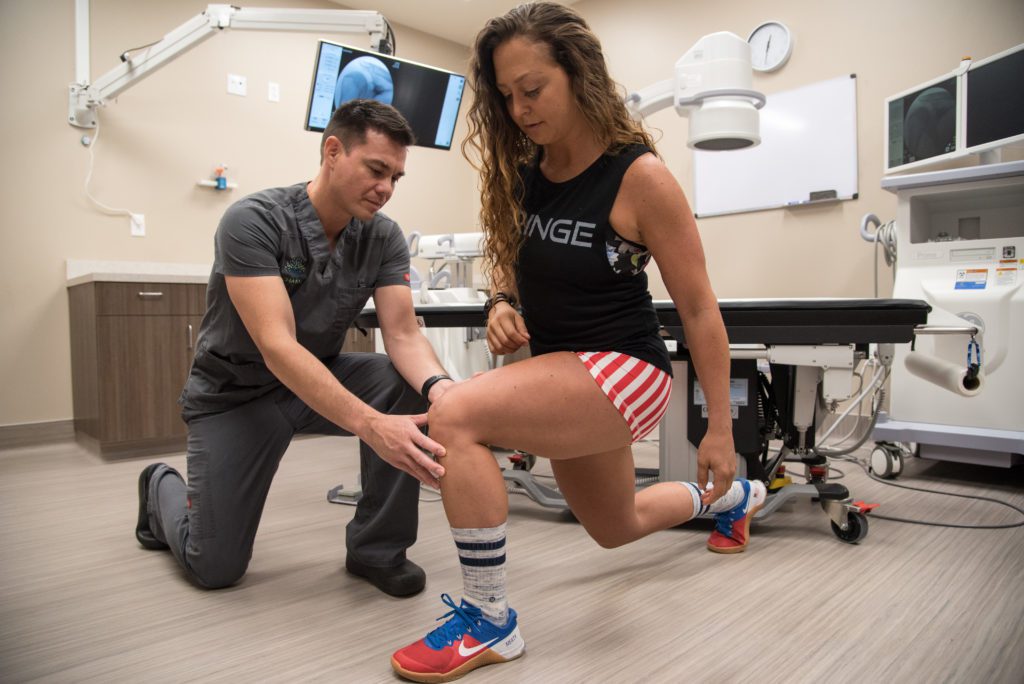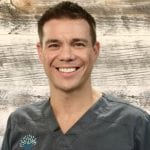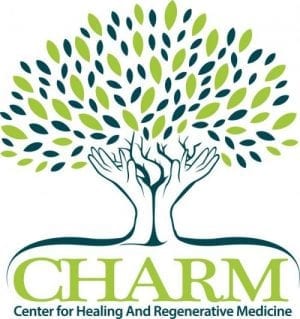Is Dr. Google your primary care physician? Do you have WebMD bookmarked on your laptop or smartphone?

Who is “Dr. Google”?
I get it! Taking the time off work or away from your day to go in and see a doctor is a hassle. It can be expensive, inconvenient and nerve-racking. How much easier is it to just look things up on the internet and get answers and recommendations right away? The problem with this is you might start stretching when you should be strengthening. You might be treating foot pain when the problem is coming from the back. You might take the red pill instead of the blue pill! Now, you’re worse off than when you started!

I have no problem with patients looking things up on the internet to help them make sense of their ailments or medical conditions. In fact, the internet can be quite helpful for finding answers to basic things like upset stomach and bug bites along with providing numerous homeopathic remedies for various ailments or conditions. However, when dealing with serious pain, abnormalities or injuries, I like to help guide patients on appropriate sites or sources to search.
Can Dr. Google be Trusted?
There is a natural inclination to try to get information about things that are bothering us in our life. When it’s a medical condition, this can be scary, frustrating and confusing. While looking things up on the internet may provide comfort and reassurance, it can also exacerbate fears and worry.
The best information on the web is non-biased, fact and evidence-based information from reputable sources like pubmed, Google Scholar or established medical centers like the Mayo Clinic. Websites that end in .org, .edu, or .gov can generally be trusted to provide good information. This does not include Instagram, Facebook, Yelp or YouTube. This is not to say there’s not good information or interesting stories on these sites, but it is far too difficult for people without a medical background to distill what is pertinent and vetted information.

Even more difficult is figuring out how any of this information, even good information, is relevant to the unique circumstances that an individual is experiencing. A good example of this is looking up something like “stem cells” for orthopedic conditions. You might come across information that is wrong, dangerous and/or illegal. All of this false information in turn dilutes the facts for how we can utilize bone marrow stem cells to safely and effectively treat orthopedic conditions.
Even this blog is not intended to be a comprehensive guide, nor are the case study results meant to be extrapolated into other patient’s outcomes. This platform is intended to give basic tenets, in layman’s terms, to medical conditions and treatments that we address in this clinic.
Dr. Google vs Dr. Real
While information on the internet, even if correct, may provide good guidance, it may not be germane to an individual’s situation. This can best be accomplished through a one-on-one visit with a medical provider. Establishing a good diagnosis results from obtaining a comprehensive history and targeted physical examination, including relevant lab work and imaging. We can then start to develop a good treatment plan based on a conversation with the patient about the different treatment options.

The physician’s job is to then help the patient understand the pros and cons of the treatments and to give an idea of how these options may affect the person for the short and long-term. The patient, not the physician, should ultimately chose what treatment resonates with them after having this conversation. This allows the patient to make an informed medical decision based on a now solid understanding of their diagnosis, treatment options and what the intended effects of these treatments are.

Board-Certified Physical Medicine & Rehabilitation by ABPMR and AOBPMR
Fellowship-Trained and Board-Certified in Pain and Musculoskeletal Medicine



